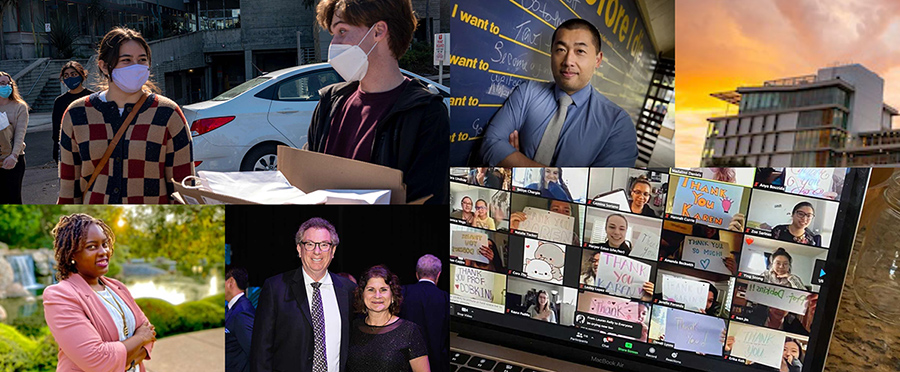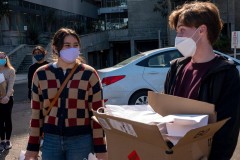2021
Social Sciences' Year in Stories
Take a look back with us as we look ahead
Throughout a tough pandemic year, social scientists continued to serve as mentors and public intellectuals, path-makers and problem solvers.
We Do the Science of Society: Research, teaching and service in the public interest – that’s what drives the UC San Diego Division of Social Sciences. We care about doing good, doing well and making a difference.
And while 2021 was by no means a typical year (nor the year before it either), the motivations and aspirations of the people who make up the division stayed true: Our faculty and staff, our students and alumni continued to engage with community in meaningful ways, and they continued to do work that both advances knowledge and supports the social good.
Social scientists made progress with their research, and they served throughout the year as public intellectuals – providing insights, context and possible solutions to our society’s problems. There were many milestones met, and multiple efforts that made a difference. Along the way, there were also some much-needed moments of good news and good fun.
As you’ll see in the stories below, we have a lot to celebrate. We have a lot to be proud of.
Note: You can open each drawer to view each of the year's quarters one by one, or you can click “expand all” to see the full scope of 2021 at once.
WINTER
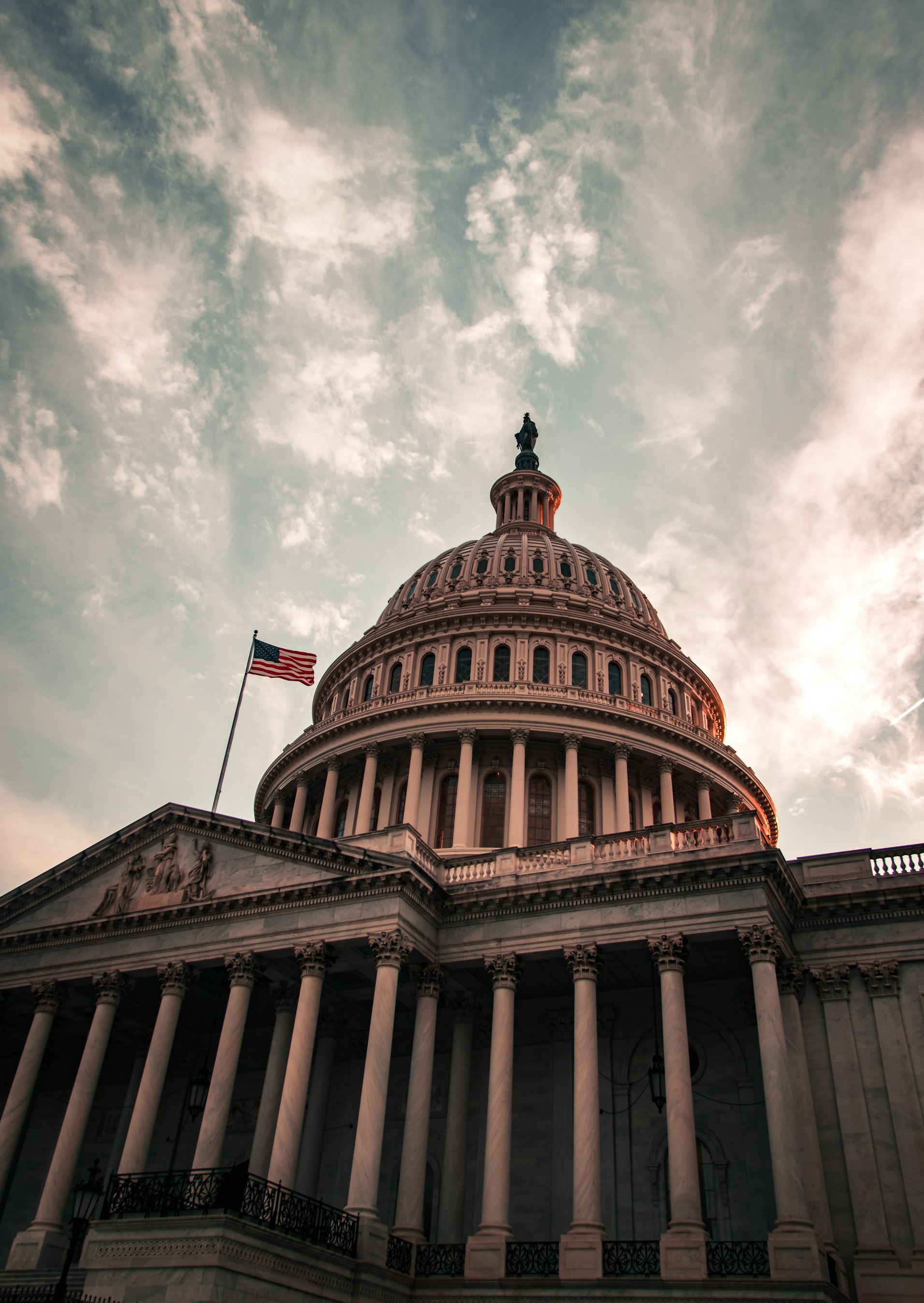
Among those weighing in on the political crisis were Marisa Abrajano, LaGina Gause, Thad Kousser and Sam Popkin. “We’ve used the term ‘unprecedented’ far too often over the past several years to describe the descent of American politics. Like it or not, some of what we have witnessed in the last decade, and especially the past four years, does have antecedent in our nation’s history,” Kousser said. “But it is no way hyperbolic to use that term to describe the Jan. 6, 2021 attack on the Capitol.” Political scientists shared their expert opinions with the public via multiple media outlets, as well as during a virtual campus event title “Election 2020: What Now? What Next?”
UC San Diego Goes to Washington
Social Sciences alumni selected to serve in the Biden Administration included: Stephanie Akpa of Political Science as senior advisor for the Office of Civil Rights at the U.S Department of Health and Human Services; Cindy Marten of Education Studies as deputy secretary of the Department of Education; and Alondra Nelson of Anthropology for the new role of deputy director for science and society at the Office of Science and Technology Policy. Melody Gonzalez of Communication served on the agency review team for the U.S. Office of Personnel Management. President Biden also appointed UC San Diego alum Christy Abizaid of Psychology as the first woman to lead the National Counterterrorism Center; see also the White House announcement.
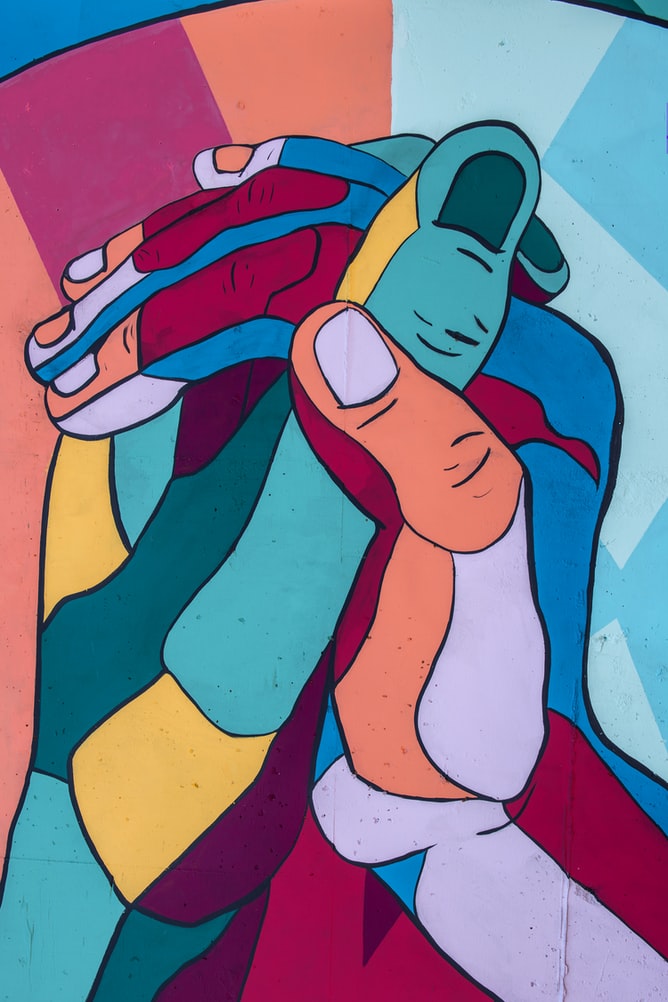 Advancing Racial Justice
Advancing Racial Justice
Five research-action partnerships between scholars and community organizations got underway with the start of the new year. Funded by a commitment in the UC San Diego Division of Social Sciences to support work that addresses systemic racism and social inequities, the projects range from data-driven analysis of social-media messaging to recognizing pain in people of color.
What Biden Should Do to Get Things Done: Delegate to the States
Writing in The Hill, Seth Hill of Political Science urged President Biden to “use his decades of legislative experience to build consensus in Congress and, when consensus isn’t possible, seek to delegate authority to cities and states.”
 History of Swear Words
History of Swear Words
On Netflix starting in January: A “proudly profane, funny and engagingly educational series about the history and impact of the most notorious English swear words.” Hosted by Nicolas Cage, the series features Benjamin Bergen of Cognitive Science in five of its six episodes, each of which is focused on a different word. We’ll let you find out for yourself which one Bergen doesn’t weigh in on.
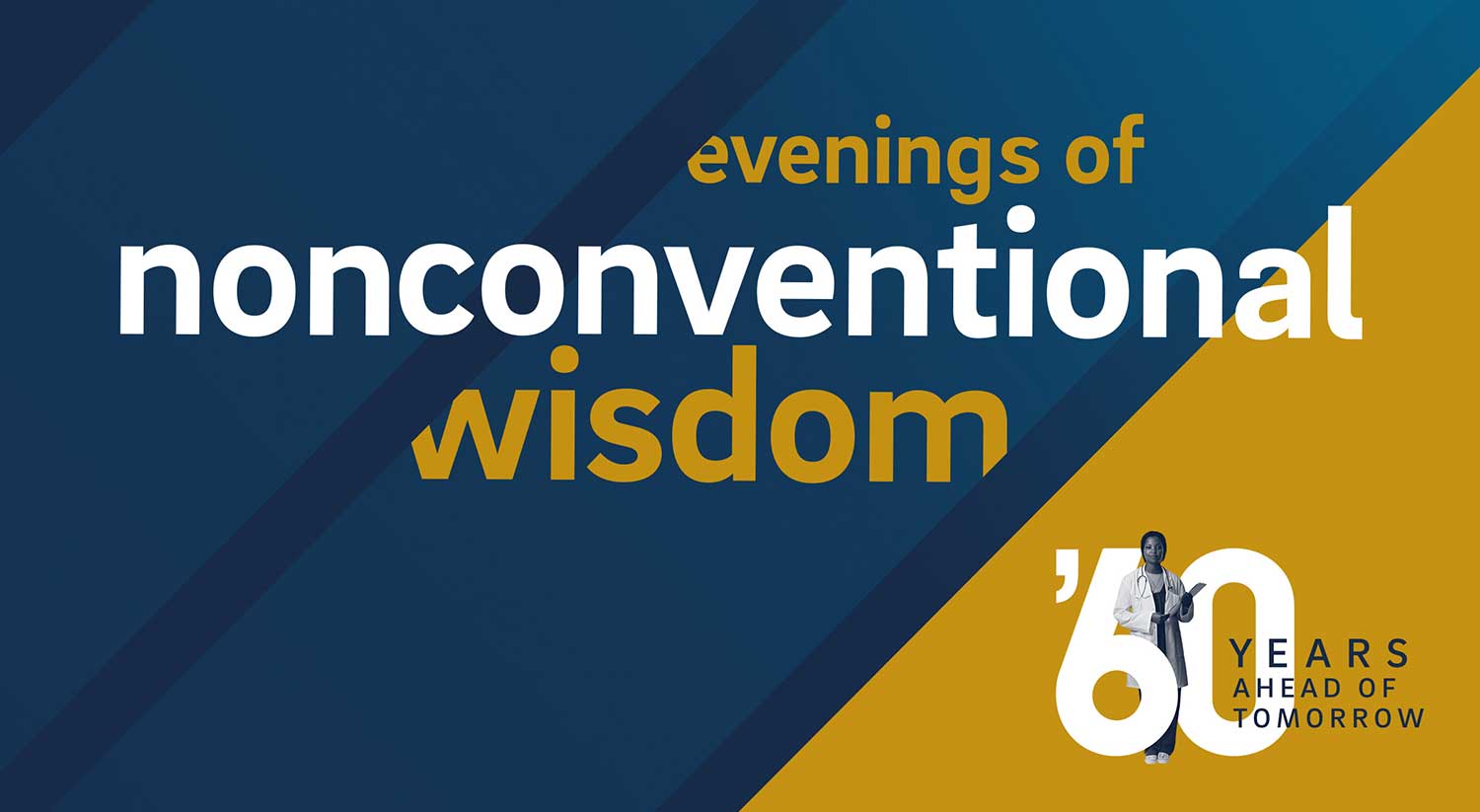 Evenings of Nonconventional Wisdom
Evenings of Nonconventional Wisdom
UC San Diego’s 60th-anniversary virtual series, Evenings of Nonconventional Wisdom, highlighted relevant issues with thought-provoking presentations and featured social scientists on pressing topics. Keolu Fox of Anthropology and Danielle Raudenbush of Sociology spoke about The Fear Factor: Examining Mistrust and Vaccines. Political scientists Fonna Forman of the Center on Global Justice and Tom Wong of the U.S. Immigration Policy Center were featured in Crossing Borders: Exploring San Diego’s Dynamic Binational Region. Benjamin Bergen of Cognitive Science and the Climate Action Lab served as co-host and Isabel Rivera-Collazo of Anthropology and Scripps Oceanography was a panelist in Getting Our Climate Act Together: Addressing Climate Change at All Levels.
Brain’s ‘Background Noise’ May Hold Clues to Persistent Mysteries
“What if all ‘noise’ in the brain isn't *really* noise?” asks Bradley Voytek of Cognitive Science in a Quanta Magazine feature on research done by his lab and others. Investigating the brain’s “electrical chatter,” or what Voytek is advocating be renamed “the aperiodic signal” or “aperiodic activity,” may give scientists new insights into sleep, aging and more. The story was reprinted by Wired.
Democracy Is Weakening Right in Front of Us
Social media or social misinformation? Margaret “Molly” Roberts of Political Science is one of the experts featured in the New York Times, saying that social media can “be weaponized to undermine democracy.”
Care Packages From the Heart
Two classes from the Department of Urban Studies and Planning, led by Leslie Lewis and Mirle Rabinowitz-Bussell – Life Course Scholars on aging and Urban Challenges on homelessness – put together 500 sweet Valentine’s Day gift bags and cards for the homeless clients of Jewish Family Services Safe Parking Program and the seniors at Potiker Family Center, Talmadge Gateway and North Park Seniors.
SPRING

U.S. News & World Report once again named graduate schools and programs at UC San Diego among the best the United States has to offer. The 2022 Best Graduate Schools rankings gave especially high marks to UC San Diego’s graduate education in Political Science, placing it 8th in the nation overall – and third among public universities. Economics ranked 12th in the nation and tied for second place among public schools.
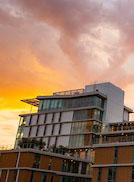 North Torrey Pines Living and Learning Neighborhood Springs to Life
North Torrey Pines Living and Learning Neighborhood Springs to Life
After welcoming students to the west side residential areas in Fall 2020, the east side of North Torrey Pines Living and Learning Neighborhood started springing to life in Spring 2021. A part of the innovative neighborhood, Social Sciences’ Public Engagement Building features open spaces “spaces intentionally designed for flow and interaction, for hands-on learning and collaboration,” said Dean Carol Padden – where social scientists will continue to do the science of society, working on pressing social issues in partnership with community organizations and members of the broader public.
The Power of Protest
Not all protests have the same power. In fact, protests by people who are politically marginalized are more likely to create change than those by the wealthy and well-connected, shows LaGina Gause of Political Science in her book “The Advantage of Disadvantage.” In a Q&A with The Triton alumni magazine before her book came out, Gause discusses the history of U.S. protest, the events of 2020 and 2021, and the role of protest in our democracy.
$5 Million Grant Grows Capacity of UC San Diego’s ‘Community Stations’
Support from The Andrew W. Mellon Foundation ensures that the innovative campus initiative called “UCSD Community Stations,” headed by Fonna Forman of Political Science and the Center on Global Justice, will continue its community-engaged work on both sides of the U.S.-Mexico border.
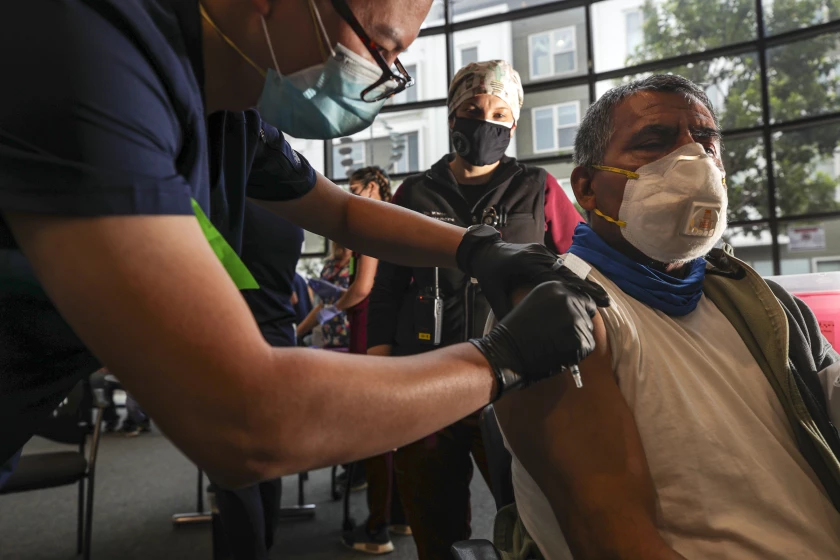
Christine Harris of Psychology spoke with the Los Angeles Times about how some might be experiencing envy for COVID-19 vaccinations, and why. “I think of it as a two-headed monster,” Harris said. “There’s one head that wants to devour what the other person has, and the other head wants to chew on yourself for having such loathsome feelings.” The topic of vaccines was also addressed multiple times by John Evans of Sociology, who wrote “Insights on Vaccine Hesitancy from Religious People’s View of Science” and spoke with USA Today, just to name one instance, on the apparent conflicts between religion and science.
U.S., Israeli Universities Open Marine Archaeology Research Station
Tom Levy of Anthropology and the Scripps Center for Marine Archaeology is part of a team of archeologists that have opened a new research station in Akko, Israel. Social Sciences Dean Carol Padden spoke at the virtual international ceremony, which you can watch on YouTube. The team is hopeful for a national center of underwater archeology in Israel in the future.
 The Essential Role of Immigrant Workers in America
The Essential Role of Immigrant Workers in America
Tom Wong of Political Science testified before the U.S. Senate Committee on the Judiciary about immigrant workers and their importance to the U.S. economy. The meeting was chaired by Sen. Alex Padilla of California. You can watch a video of the testimony.
Finding New Strength Through Surrendering
Jessica Williams, a graduate advisor in the Department of Economics, published an essay in the New York Times bestseller “You Are Your Best Thing: Vulnerability, Shame Resilience, and the Black Experience,” edited by Tarana Burke and Brené Brown. The book and essay enjoyed widespread attention around the nation. Locally, Williams was featured in the San Diego Union-Tribune (linked above) and also participated in a Facebook live interview with the U-T’s Lisa Deaderick.
Leaders in Education Speak Out After Chauvin Verdict
Ethnic Studies Chair Andrew Jolivette commented in the San Diego Union-Tribune on the verdict reached in the murder of George Floyd: “This decision is not enough. Nothing will ever be enough. It is, however, a landmark in many ways because it is one of the most overwhelming indictments of police and state violence against unarmed Black people in this country in the past decade or two decades.”
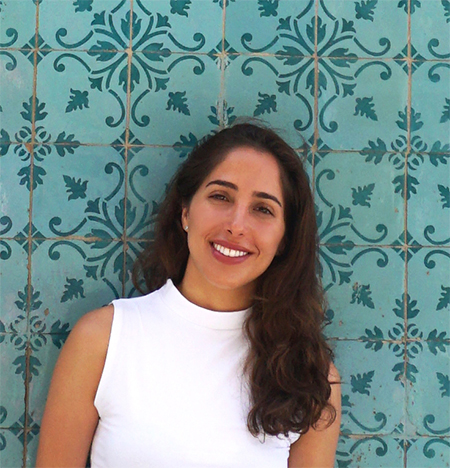
Grad Slam Winner
Psychology graduate student Haleh Yazdi won the 2021 UC San Diego Grad Slam for her research talk entitled "Why Can't We All Be Friends? Complexities of Childhood Prejudice.” She is studying with David Barner of Psychology and Linguistics and Gail Heyman of Psychology. You can watch her winning presentation on YouTube.
SUMMER
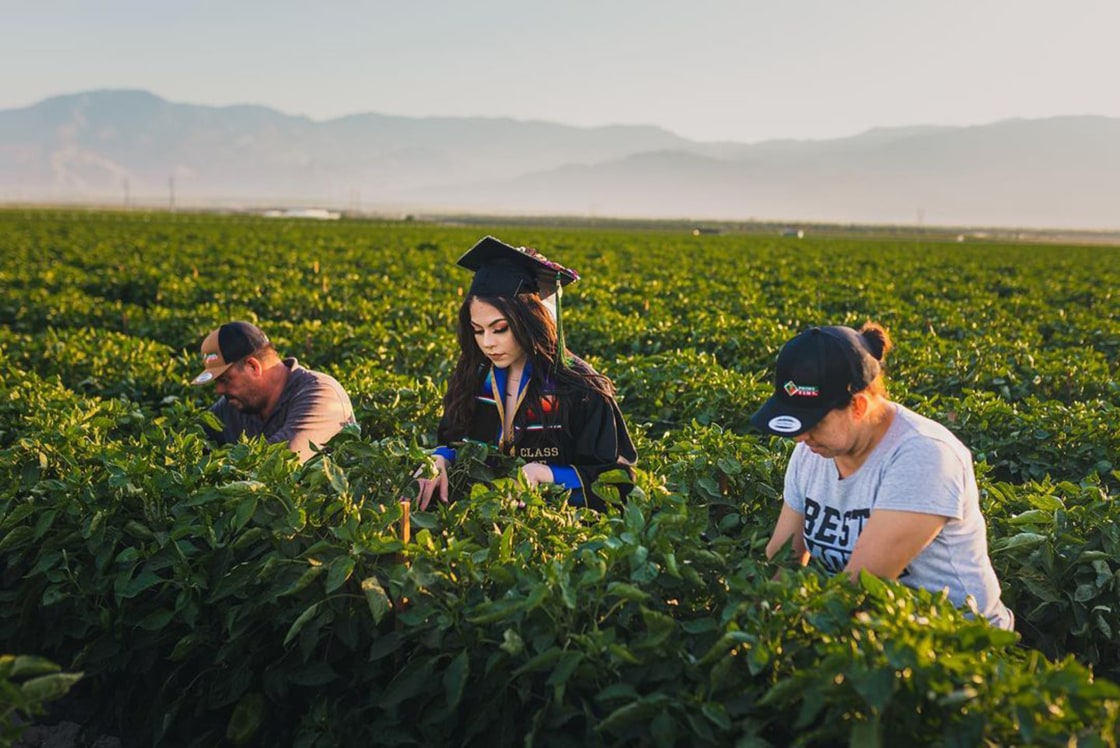 Graduating Senior Honors Farm-Worker Parents With Special Photos
Graduating Senior Honors Farm-Worker Parents With Special Photos
Sociology graduate Jennifer Rocha shared her journey as a first-generation college student and celebrated her own and her parents’ hard work by taking photos with them in the field. “If it wasn’t for how my parents raised me,” Rocha said on the Today Show, “I don’t who I would be today.” Rocha’s photos went viral and her story was covered by, among others NPR, the San Diego Union-Tribune , KQED, NBC Los Angeles, CBS and the Los Angeles Times.
Alumna Alicia Garza – Commencement 2021 Keynote
Anthropology and Sociology alumna Alicia Garza – principal at Black Futures Lab and co-founder of the Black Lives Matter Global Network – delivered the keynote address at Commencement 2021. Francesca Hart of Economics, meanwhile, was UC San Diego’s Class of 2021 Commencement Student Speaker. Staying dedicated to her love for humanity, she plans on entering the San Diego Fire-Rescue Department, continuing her passion for helping and serving others. Read more in “Graduating with Hart.” Other “Class of 2021 Shining Stars” include Communication major Elizabeth Adams of Communication, Ethnic Studies major Banah Ghadbian of Ethnic Studies and Business Psychology major Tou Vang.
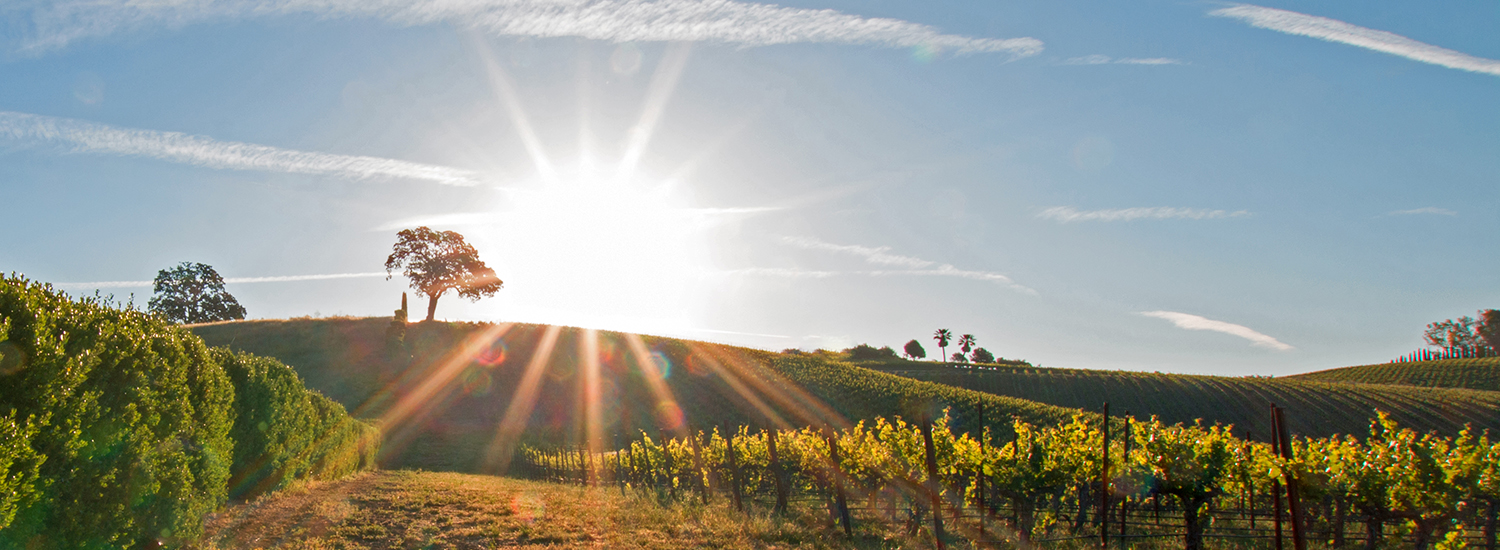 Survey: Majority of Californians Still Believe the State Is ‘Golden’
Survey: Majority of Californians Still Believe the State Is ‘Golden’
Contrary to the popular story that people are fleeing California, the number of residents planning to leave the state remains unchanged, according to research led by Thad Kousser of Political Science. This research is part of a larger, multi-institution research project led by the University of California to assess whether there is in fact a “Cal exodus.” The findings were covered by the Sacramento Bee, Los Angeles Times, and many more. Kousser – who weighed in extensively on the attempt to recall Calif. Gov. Gavin Newsom and wrote an op-ed for the Washington Post urging that this be the last recall like it – also put out in the fall the first Yankelovich Center survey showing there’s bipartisan support for major reform to California’s recall process.
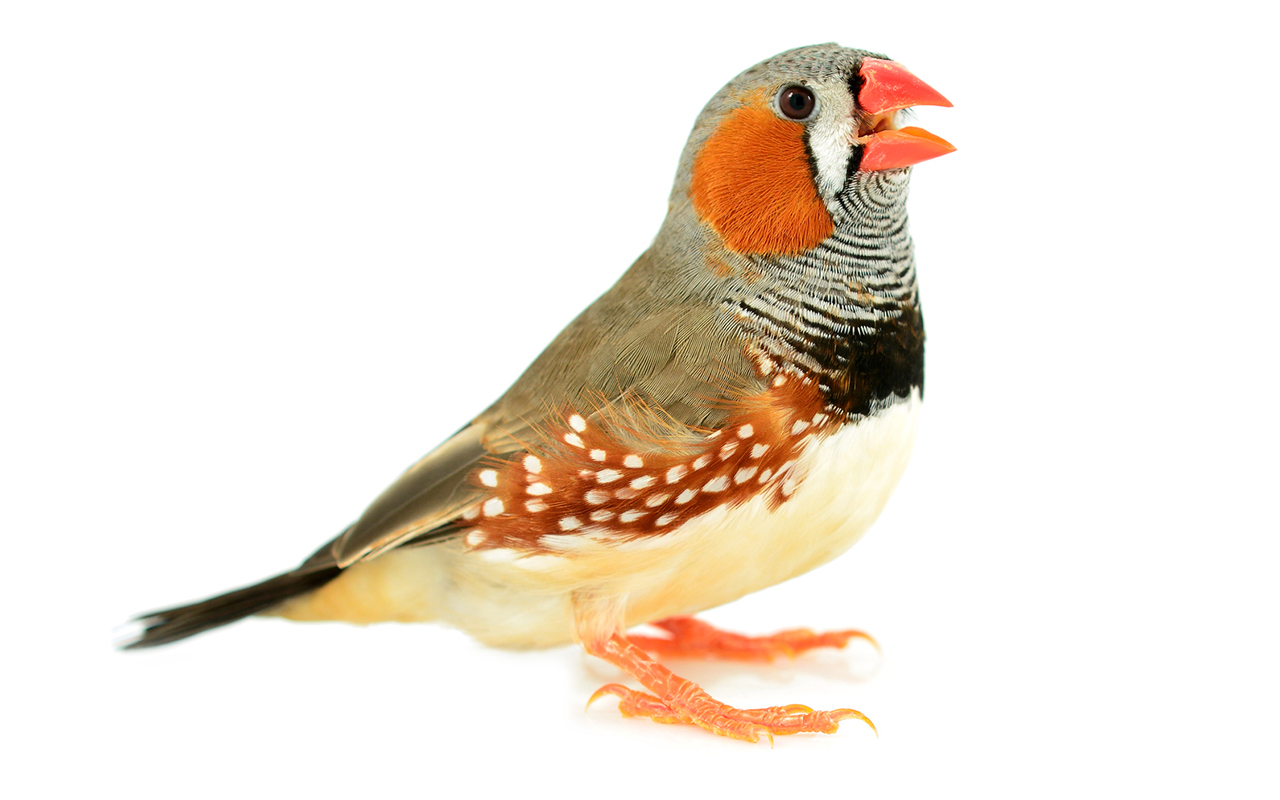 Researchers Translate a Bird’s Brain Activity Into Song
Researchers Translate a Bird’s Brain Activity Into Song
It is possible to re-create a bird’s song by reading only its brain activity, shows a first proof-of-concept study led by Tim Gentner of Psychology and Vikash Gilja of Jacobs School of Engineering. The researchers were able to reproduce the songbird’s complex vocalizations down to the pitch, volume and timbre of the original. Published in Current Biology, the study lays the foundation for building vocal prostheses for individuals who have lost the ability to speak. The research was covered by BBC’s Science Focus, Psychology Today, Salon and McClatchy, with pickup in the Sacramento Bee, Miami Herald and others.
How California Homelessness Became a Crisis
Neil Gong of Sociology elaborates on how unsheltered people in California have become subject to something he calls, "tolerant containment.” He explains this phenomenon on NPR, describing it as selectively moving the unsheltered to specific parts of the city, only to persecute them for living on the streets. Earlier, Gong also wrote an op-ed for the Washington Post: “California Gave People the ‘Right’ to Be Homeless -- but Little Help Finding Homes.”
The Return to the Office Is Pushing Even More Women Out of Work
The rush back to in-person work spaces is proving to be more challenging than some may think, reports Bloomberg. According to Titan Alon of Economics, working mothers are taking a disproportionate hit in the transition back to the office.
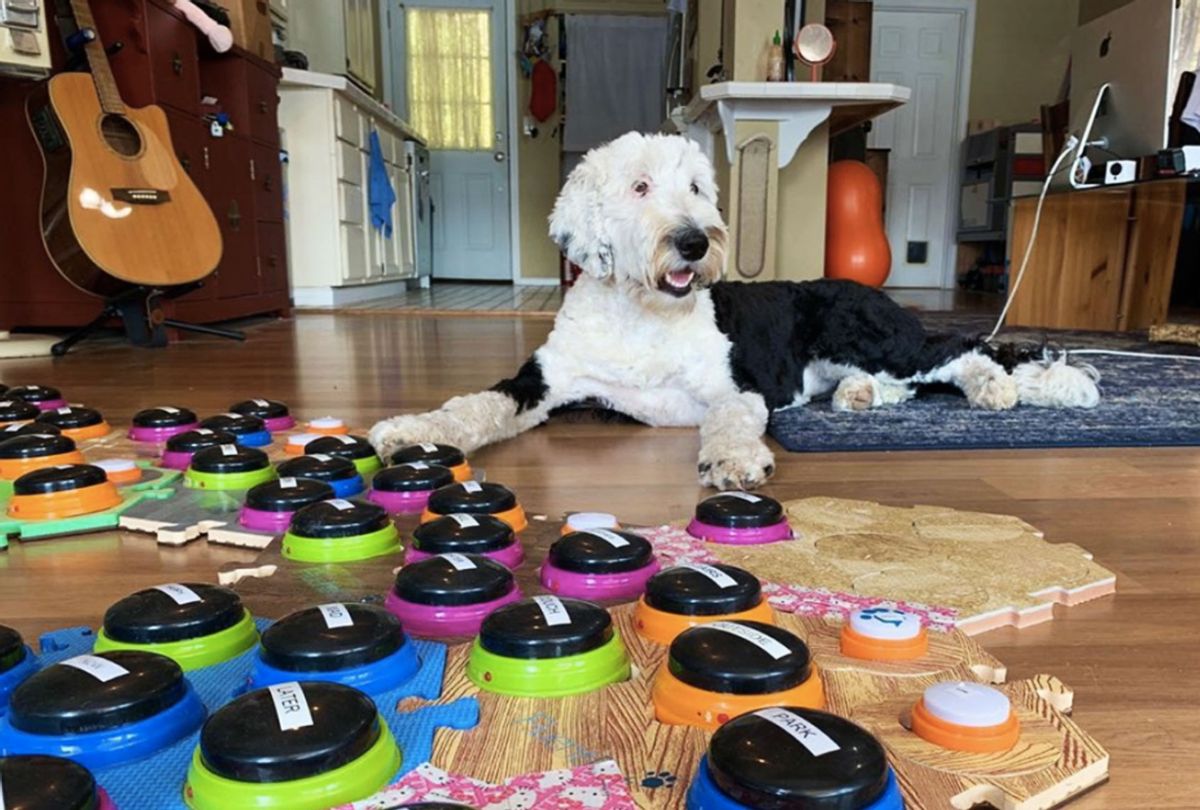 Can These Dogs Really Talk, or Are They Just Pushing Our Buttons?
Can These Dogs Really Talk, or Are They Just Pushing Our Buttons?
Research led by Frederico Rossano of Cognitive Science and the Comparative Cognition Lab, which includes the Tiktok- and Instagram-famous Sheepadoodle named “Bunny” caught the attention of numerous media outlets, including the Washington Post (linked above), the New York Times and SLATE. Salon ran fun pieces titled “Do Dogs Miss Us When We Leave? A ‘Talking’ Dog Offers Insights” and “Bunny, the Dog that Can ‘Talk,’ Starts Asking Existential Questions.” Bunny and the other animals in the study are using an augmentative and alternative communication (AAC) device co-designed by alumnus Leo Trottier.
FALL
A Fresh Look at Baboons from Five Decades in the Field
Shirley Strum of Anthropology has been studying wild olive baboons in Kenya for 50 years. What she’s learned about baboon society (yes, society) has challenged previous scientific notions about these primates and has reshaped Strum’s outlook, too. Collaboration is a key feature of their lives, Strum says, and vital to our own future, too. Strum’s work has come to include community-based conservation and other projects that help both baboons and people adapt to a climate-changed world. Learn more in this three-page spread in the Fall issue of The Triton alumni magazine.
UC San Diego Announces Recipients of Chancellor’s and Revelle Medals
Donors Hanna and Mark Gleiberman, who support an innovative class on homelessness in the division, were celebrated with one of the university’s highest honors, the Chancellor’s Medal. And two longtime members of the Social Sciences faculty were recognized for “sustained, distinguished and extraordinary service to UC San Diego”: Wayne Cornelius of Political Science and Richard “Dick” Attiyeh of Economics.
San Diego County Launches Campaign to Counteract Misinformation About COVID-19
Los Angeles Times: Daniel Hallin of Communication commented on San Diego County’s Board of Supervisors’ decision to increase efforts to combat misinformation during a public health crisis. “The county’s actions are necessary to counter misleading or dangerous information about the virus and potential treatments,” said Hallin.
 What If It Never Gets Easier to Be a Working Parent?
What If It Never Gets Easier to Be a Working Parent?
The New York Times writes that even if the COVID-19 pandemic has not made the careful balance of working parenthood fundamentally easier, experts do see small, beneficial changes on the horizon. “So much of being rewarded at work is being seen as a devoted professional, an ideal worker, and part of being seen as an ideal worker is being around a lot,” said Mary Blair-Loy of Sociology, who studies gender, work and family. “If that expectation recedes and Zoom or other technologies are seen as a legitimate way to work in groups and to demonstrate commitment, I think that that kind of unfair penalty for mothers doing remote work will recede.”
 How I Quit Neuroscience to Focus on Preventing Climate Breakdown
How I Quit Neuroscience to Focus on Preventing Climate Breakdown
Shifting fields takes courage, but if a tenured professor can’t take the leap to address the ecological emergency, who can, asks Adam Aron of Psychology in the Times Higher Education.
The Economy Is Still in Pandemic Shock. But Some State Governments Are Flush with Cash.
Writing in the Washington Post’s “Monkey Cage” blog, Jeffrey Clemens of Economics answers with his research the following question: “Why are state and local governmental coffers overflowing after dire predictions of budgetary shortfalls during the pandemic’s early days?” Separately, Clemens also discussed with the Washington Post “The Seven Industries Most Desperate for Workers.”
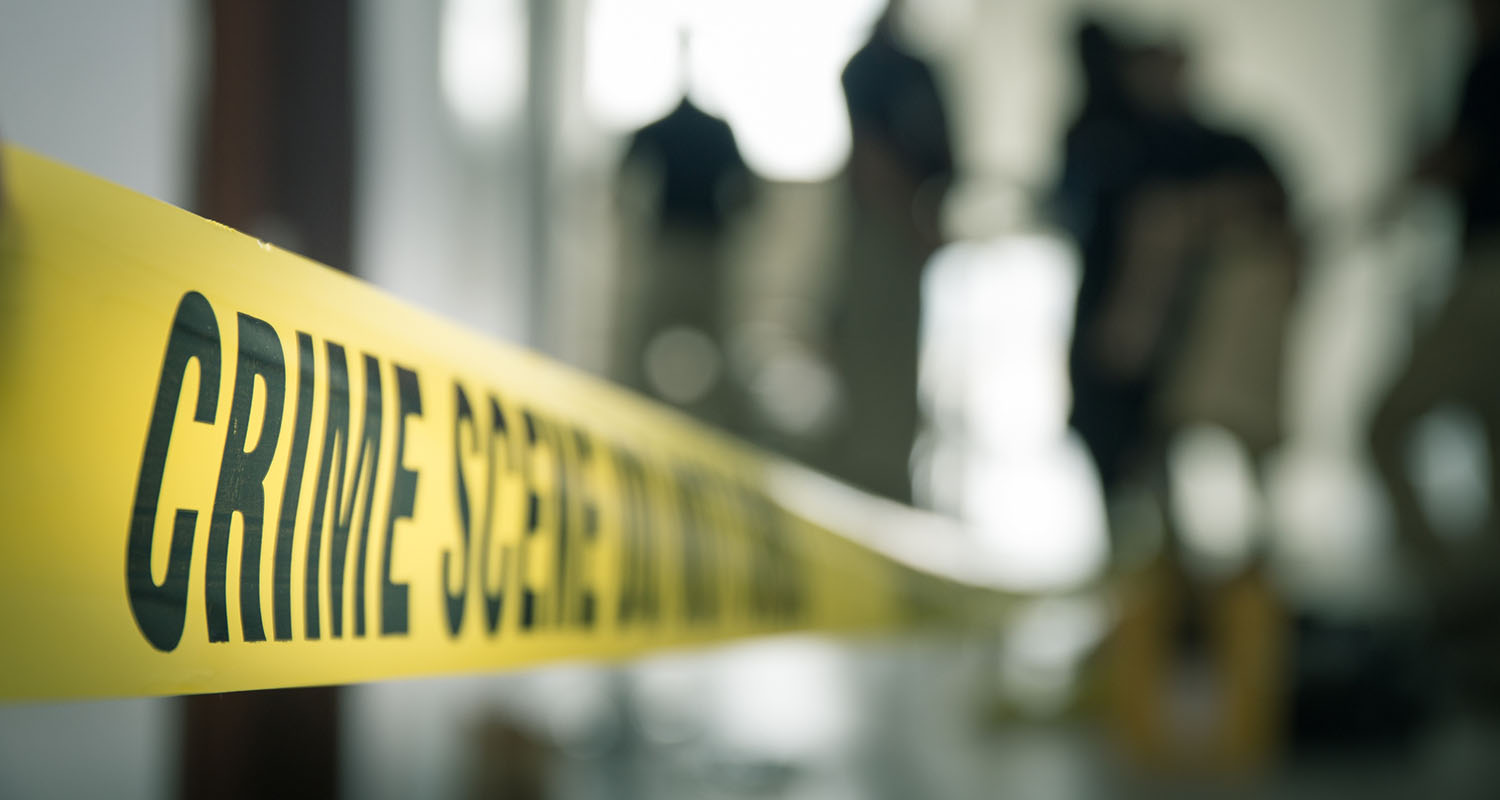 Test Eyewitness Memory Only Once
Test Eyewitness Memory Only Once
To prevent wrongful convictions, only the first identification of a suspect should be considered. That was the research-based recommendation from John Wixted of Psychology and other top experts on eyewitness memory in the journal Psychological Science in the Public Interest. Wixted also spoke about the research in the “Under the Cortex” podcast from the Association for Psychological Science and, separately, published a study in the Proceedings of the National Academy of Sciences showing that a counterintuitive approach may improve eyewitness identification.
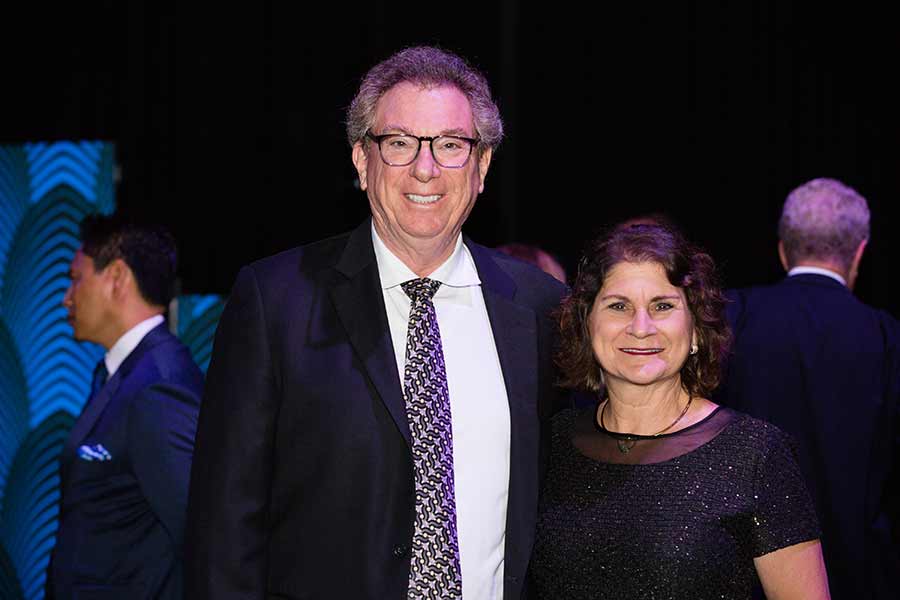 Hitting It Out of the Park with $3M Boost for Scholarships and Fellowships
Hitting It Out of the Park with $3M Boost for Scholarships and Fellowships
Longtime campus champions Gary and Jerri-Ann Jacobs renew support for two of their passions: UC San Diego Baseball and the Division of Social Sciences. First established in 2006, the Jerri-Ann and Gary E. Jacobs Endowed Fellowship Fund is dedicated to exceptional graduate students in Social Sciences.
We'll see what 2022 brings!

